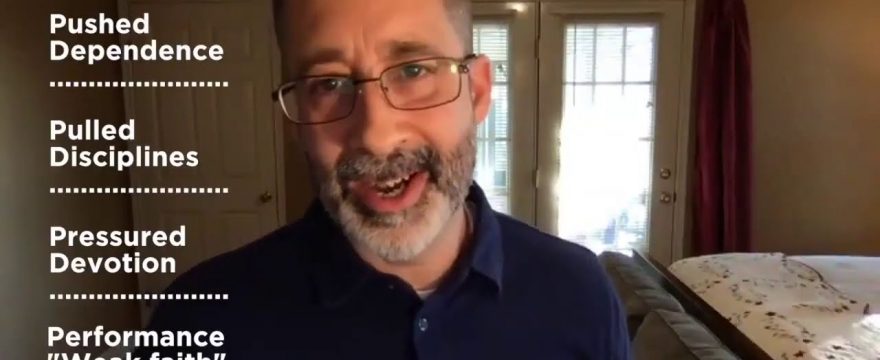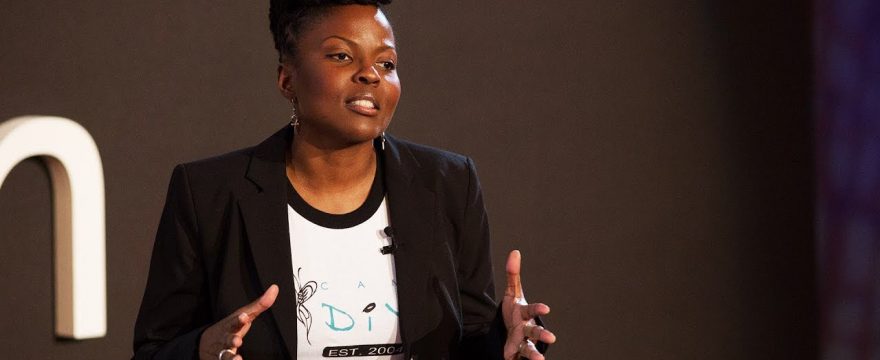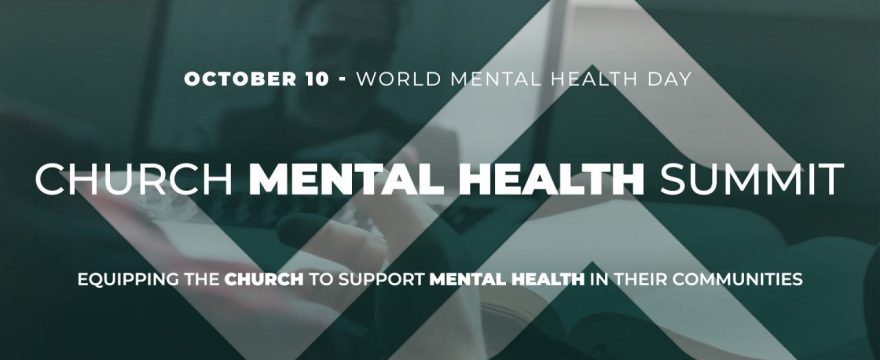[This article is part of a youth ministry series we have been writing about for years. Click the link to check out all of the other articles we have here.]
While alcohol is traditionally seen as a substance that is not always associated with illicit substances, the impact that it can have on individuals of any age can be long-lasting and more fatal at times than drugs, yet is more normalized and therefore more risky with teenagers. While most areas have a specific age when alcohol is allowed for drinking, underage drinking is still a concern. To help educate youth pastors and community members to develop awareness, we want to share 10 facts to know about teens and alcohol.
[Read more…] about 10 Facts To Know About Teens And Alcohol








